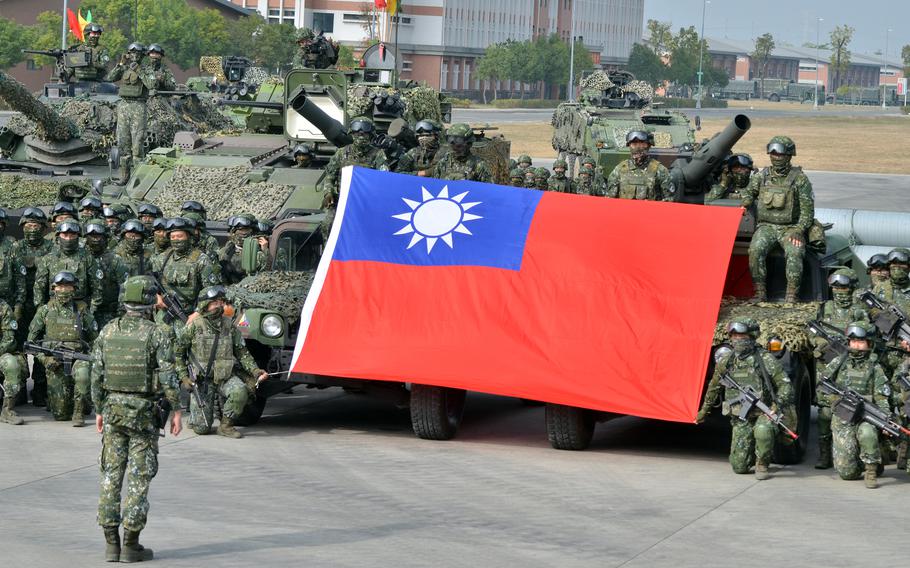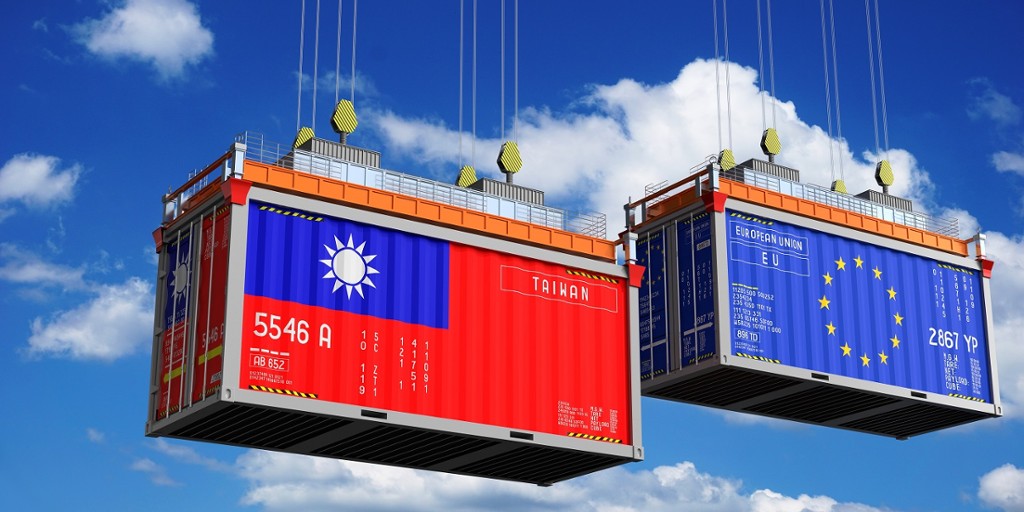by Martin Haffner Associate Editor
In recent months, Taiwan has intensified its rhetoric regarding the military threats posed by China, raising alarms about the possibility of an invasion. Despite these urgent warnings, the international community appears to be disproportionately focused on other global issues, leading to a troubling complacency regarding Taiwan’s precarious situation.
Taiwan’s government has been vocal about its concerns, citing an increase in Chinese military activities near its airspace and waters. The Taiwanese Ministry of National Defense reported a significant uptick in incursions by Chinese warplanes, leading to heightened alerts among Taiwan’s military. The Taiwanese leadership underscored that while the island is prepared to defend itself, the potential for a conflict remains disturbingly real.
Taiwan’s President Tsai Ing-wen has consistently emphasized the need for global recognition of Taiwan’s sovereignty and has called for international support in the face of growing Chinese aggression. Despite these statements, many nations seem reluctant to take decisive action, opting instead for a policy of strategic ambiguity that may ultimately embolden China.
The global response to Taiwan’s warnings has been underwhelming. While some nations have expressed verbal support for Taiwan’s democracy and its right to self-defense, concrete actions—such as enhanced diplomatic ties or military assistance—have been slow to materialize. High-level visits from foreign leaders have become rarer, and countries grappling with their geopolitical challenges seem to overlook Taiwan’s plight.
The ongoing challenges presented by other conflicts around the world—with crises in Europe, the Middle East, and Africa—have diverted attention from Taiwan. This leads to a dangerous narrative: that Taiwan’s security is not a pressing issue, and that it can wait in line behind other global concerns.
This lack of urgency can have dire ramifications. If the world continues to ignore Taiwan’s predicament, it may embolden China to take more aggressive actions, potentially leading to an unprecedented military confrontation in the Taiwan Strait. A full-scale invasion of Taiwan would not only have catastrophic consequences for the island and its people, but it would also destabilize the entire Asia-Pacific region.
Historically, complacency in the face of rising threats has led to catastrophic consequences. The lessons from the lead-up to both World Wars serve as a grim reminder: ignoring signs of aggression can have far-reaching impacts. It is essential for the international community to acknowledge and act upon the warning signs presented by Taiwan.
Taiwan’s situation is a test for the resolve of democratic nations worldwide. There needs to be a unified response that includes not just verbal assurances of support, but also actionable steps to fortify Taiwan’s defenses. This could involve increasing arms sales to Taiwan, conducting joint military training exercises, and fostering stronger diplomatic relations with Taipei.
Furthermore, it is crucial for countries to engage in open dialogues about the implications of a Chinese invasion of Taiwan—not merely from a regional perspective but also in terms of global stability and economic repercussions. With Taiwan being a vital player in global supply chains, particularly in semiconductor production, the ramifications of an invasion would be felt worldwide.
Taiwan’s grim warnings about a potential Chinese invasion must not fall on deaf ears. The time for the international community to act is now. By providing tangible support for Taiwan, reinforcing diplomatic ties, and publicly standing against any form of aggression, the world can help deter a conflict that threatens not just Taiwan, but the stability of the entire international order. Failure to do so risks igniting a crisis that may be too late to avert.



